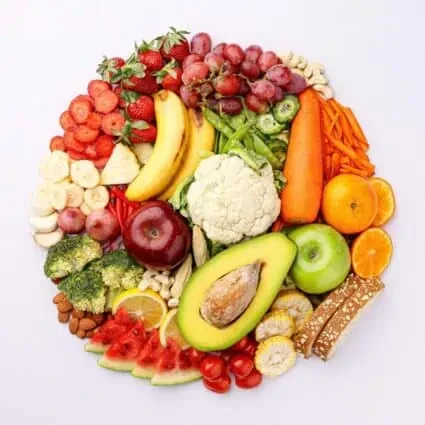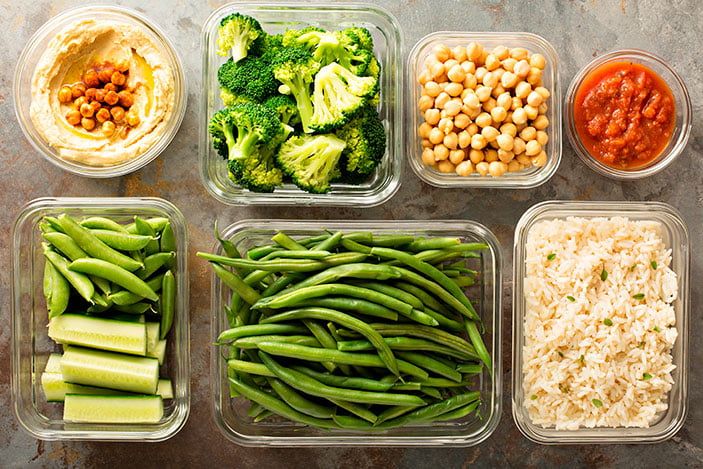How to Get All Your Nutrients on a Vegan Diet
Going vegan is a great way to improve your health and help the environment. However, it’s essential to make sure you’re getting all the nutrients your body needs to thrive. With a bit of planning and knowledge, you can easily meet all your nutritional needs on a vegan diet.
Eat a Variety of Fruits and Vegetables
Fruits and vegetables are packed with essential vitamins, minerals, and antioxidants that your body needs to function properly. Aim to eat a rainbow of colors every day to ensure you’re getting a wide range of nutrients.
Include Protein-Rich Foods in Your Diet
Protein is an essential nutrient that plays a crucial role in building and repairing tissues, as well as supporting a healthy immune system. Some excellent plant-based sources of protein include beans, lentils, tofu, tempeh, nuts, and seeds.
Don’t Forget About Healthy Fats
Fats are another important nutrient that often gets overlooked on a vegan diet. Make sure to include sources of healthy fats such as avocados, nuts, seeds, and olive oil in your meals to support brain health and hormone production.
Get Your Calcium and Vitamin D
Calcium and vitamin D are essential for strong bones and teeth. While dairy products are the traditional sources of these nutrients, vegans can get them from fortified plant-based milks, tofu, leafy greens, almonds, and sun exposure for vitamin D.
Don’t Skimp on Iron
Iron is essential for transporting oxygen throughout the body and preventing fatigue. Plant-based sources of iron include lentils, chickpeas, tofu, spinach, and quinoa. Pairing these foods with sources of vitamin C, like citrus fruits or bell peppers, can help enhance iron absorption.
Make Sure to Include B12 Supplements
Vitamin B12 is crucial for nerve function and red blood cell production. Since B12 is mainly found in animal products, vegans should consider taking a B12 supplement to ensure they’re meeting their daily requirements.
Consider Omega-3 Fatty Acid Supplements
Omega-3 fatty acids are important for heart health and brain function. While plant-based sources like flaxseeds and walnuts provide ALA, the body needs EPA and DHA, which are primarily found in fish. Consider taking an algae-based omega-3 supplement to meet your needs.
Consult with a Registered Dietitian
If you’re unsure about meeting your nutritional needs on a vegan diet, consider consulting with a registered dietitian who specializes in plant-based nutrition. They can help create a customized meal plan to ensure you’re getting all the essential nutrients your body needs.
By following these tips and making smart food choices, you can easily get all your nutrients on a vegan diet while enjoying a delicious and varied plant-based lifestyle.


